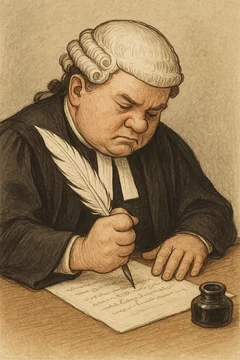If you ask the defendant, pretty much every complaint should be dismissed on half a dozen grounds, from 101, to lack of detail, to poor penmanship.

The rules being what they are, you only have 20 pages for a motion to dismiss and so you may be tempted to just leave out the penmanship thing to make room for your better motions.
Under 12(g)(2), however, you only get the one motion to dismiss:
a party that makes a motion under this rule must not make another motion under this rule raising a defense or objection that was available to the party but omitted from its earlier motion.
So you've got to wait for a 12(c) motion or SJ for your ham-handed opponents to get what they've got coming to them. That's just how it goes.
But what happens if, after you file your motion, the plaintiff amends shoring up the issues you briefed, but maintaining the same woefully deficient script. Can you now move to dismiss on that issue, now that your prior grounds are a bit shakier?
No, no you can't.
That was the holding in OpenTV, Inc. v. Pinterest, Inc., C.A. No. 24-1301-JCG (D. Del. July 16, 2025). Pinterest had moved to dismiss the complaint on a ...


